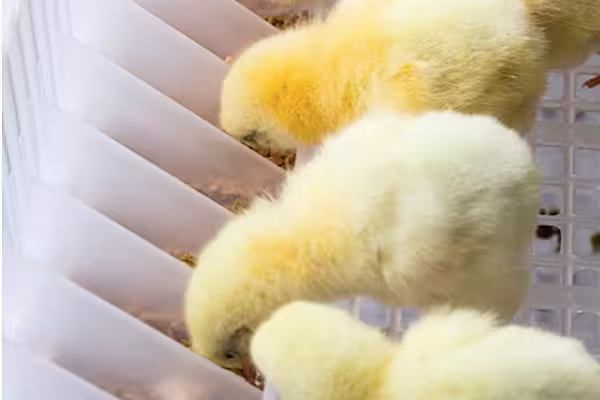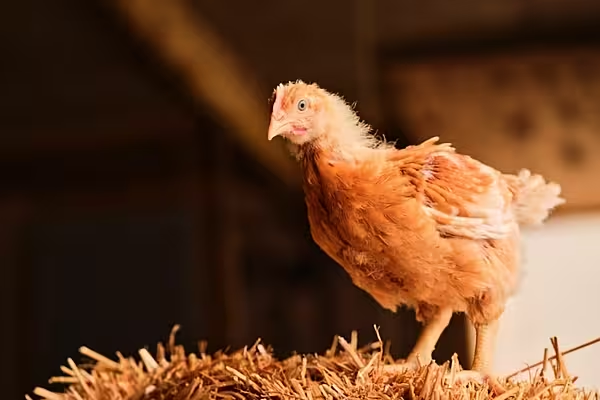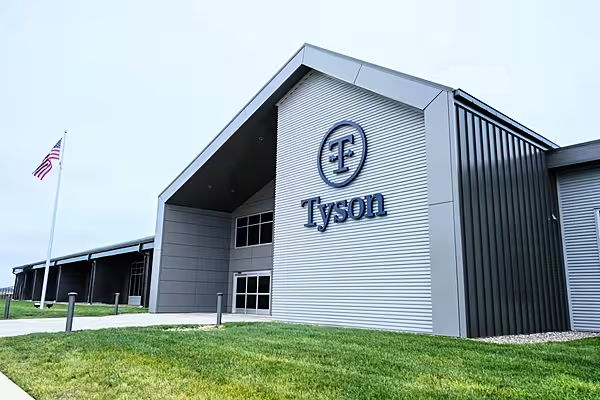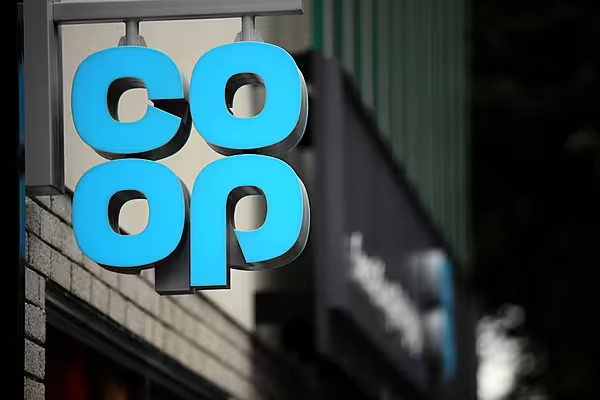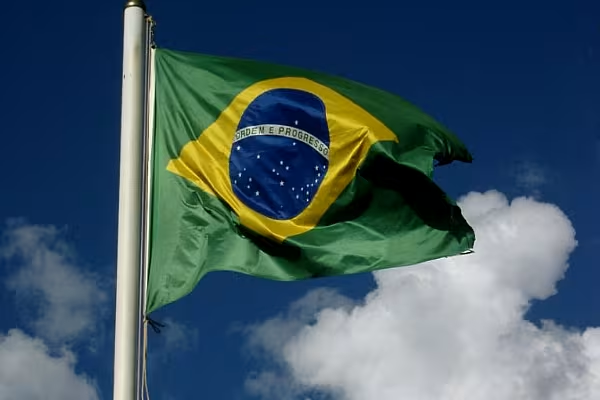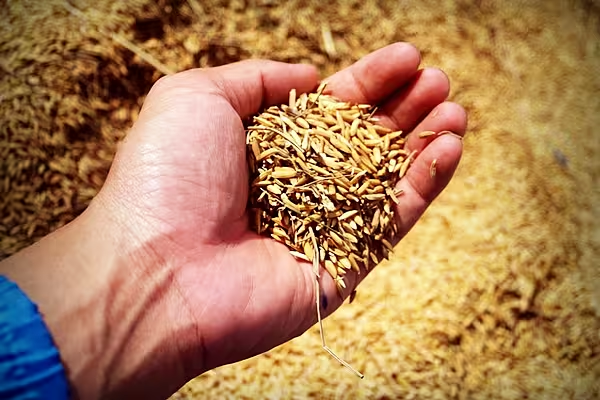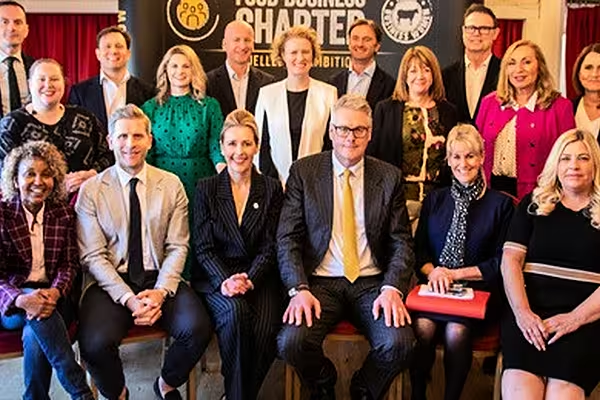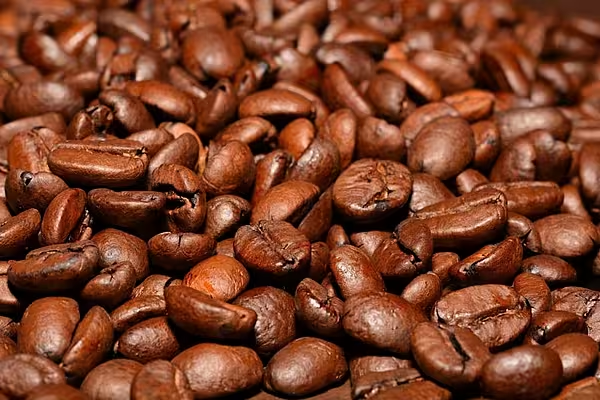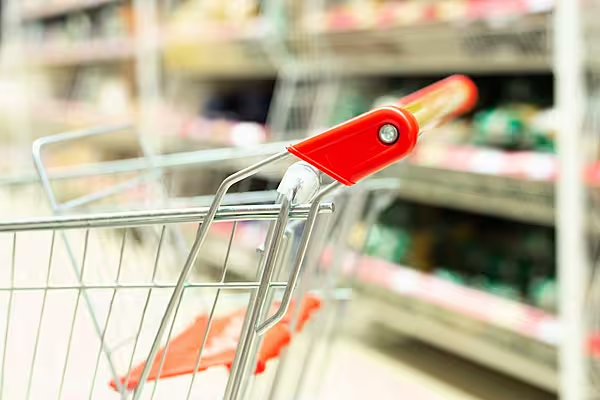Ukrainian chicken and grains processor MHP, the country's top food producer has warned that it can not give an outlook for the year due to the war with Russia and challenges exporting goods.
The company, which usually produces tens of thousands of tonnes of meat, wheat and vegetable oil every month, said poultry production capacity had been reduced to 80-85% of normal levels so far.
"I can't predict anything," MHP's chief financial officer Viktoria Kapelyushnaya said during a conference call.
With Ukraine's Black Sea ports controlled by Russia, the company had to divert produce by road and air or to ports as far away as Romania, she said.
'Taking into account current working environment and uncertainties it brings, as of today it is quite challenging to predict how the financial and operational results for the year of 2022 will look like,' MHP earlier said in a statement.
MHP, which focuses on poultry production and grain cultivation, said poultry and vegetable oil prices are likely to remain high at least into 2023 due to global supply constraints and cost pressures amid the ongoing conflict.
'In addition, due to port closures, exports of poultry and vegetable oils were severely impacted,' said the company, which supplies poultry products to 85 countries, including those in Europe and the Middle East.
Multiple Challenges
Ukraine's economy has been firefighting multiple challenges ever since Russian troops poured across its border in February, and with the conflict showing no signs of weakening, businesses there are staring at an uncertain future.
Ukraine's state energy behemoth Naftogaz postponed its results last week in the wake of the ongoing crisis.
Strong sales during the pre-conflict period meant MHP's first quarter revenue grew 24% to $553 million, while export revenue jumped 42% to $308 million.
Still, higher costs pushed it to a first-quarter net loss of $122 million, compared to a profit of $1 million in the year-ago period.
Improving Poultry Sales
MHP said it is focused on improving poultry sales in the domestic market, although it said its domestic gross margins were "significantly lower" than last year due to the various problems.
Shortly after Russia's invasion in March, the firm's creditors agreed to allow it to push back payments on its bonds by nine months.
Kapelyushnaya said the company hoped to restart the payments in September although that could not be guaranteed.
Read More: Ukraine Sees Sharp Drop In Grain Harvest After Russian Invasion
News by Reuters, edited by ESM – your source for the latest supply chain news. Click subscribe to sign up to ESM: European Supermarket Magazine.
